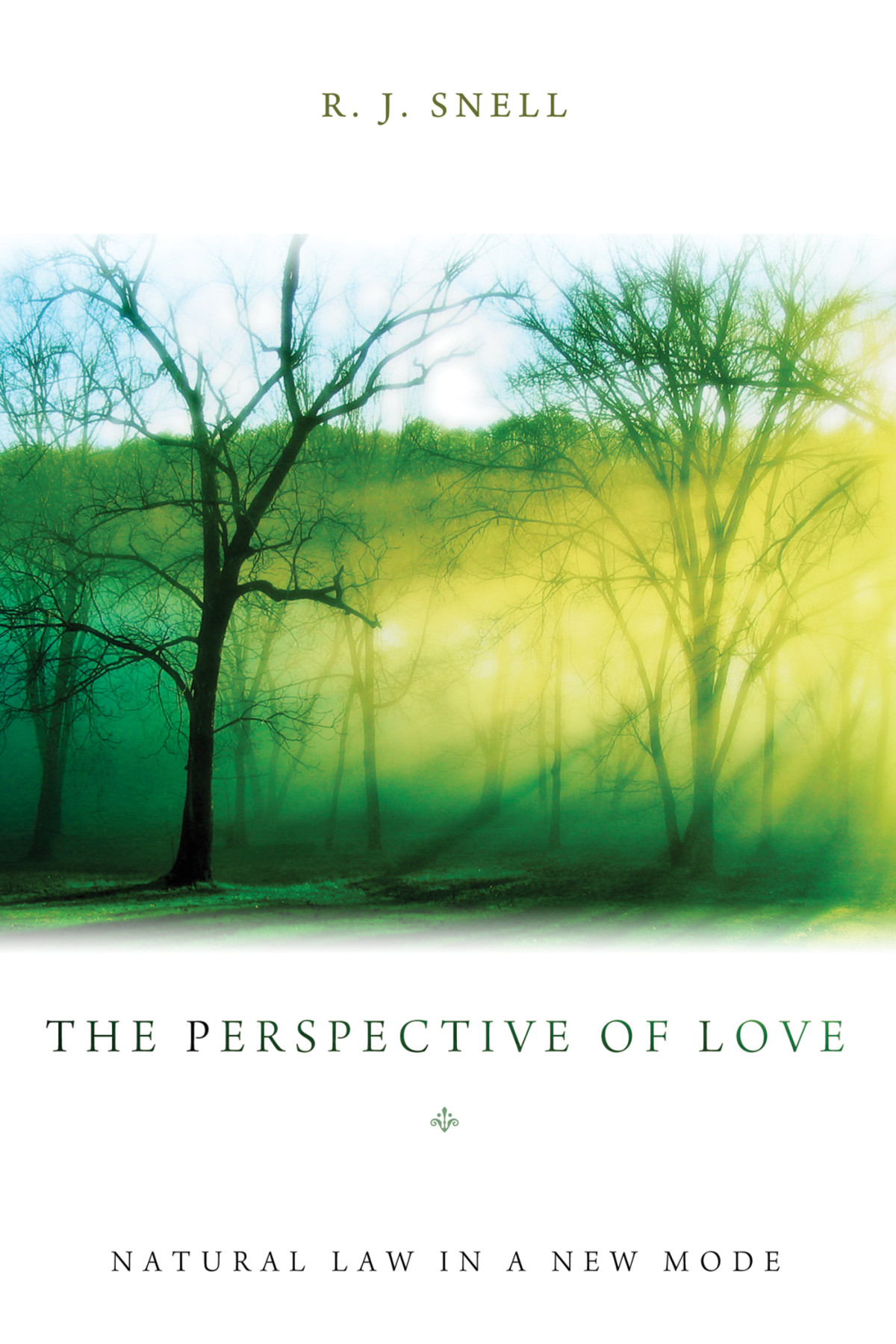

Most ebook files are in PDF format, so you can easily read them using various software such as Foxit Reader or directly on the Google Chrome browser.
Some ebook files are released by publishers in other formats such as .awz, .mobi, .epub, .fb2, etc. You may need to install specific software to read these formats on mobile/PC, such as Calibre.
Please read the tutorial at this link: https://ebookbell.com/faq
We offer FREE conversion to the popular formats you request; however, this may take some time. Therefore, right after payment, please email us, and we will try to provide the service as quickly as possible.
For some exceptional file formats or broken links (if any), please refrain from opening any disputes. Instead, email us first, and we will try to assist within a maximum of 6 hours.
EbookBell Team

5.0
30 reviewsWhile many of the Reformers considered natural law unproblematic, many Protestants consider natural law a ''Catholic thing,'' and not persuasive. Natural law, it is thought, competes with the Gospel, overlooks the centrality of Christ, posits a domain of pure nature, and overlooks the noetic effects of sin. This ''Protestant Prejudice,'' however strong, overlooks developments in contemporary natural law quite capable and willing to incorporate the usual objections into natural law.
While the natural law itself is universal and invariant, theories about the natural law vary widely. The Protestant Prejudice may respond to natural law understood from within the modes of common sense and classical metaphysics, but largely overlooks contemporary natural law beginning from the first-person account of subjectivity and practical reason. Consequently, the sophisticated thought of John Paul II, Martin Rhonheimer, Germain Grisez, and John Finnis is overlooked. Further, the work of Bernard Lonergan allows for a natural law admitting of noetic sin, eagerly incorporating grace, community, the limits of history, a real but limited autonomy, and the centrality of Christ in a natural law that is both graced and natural.
**
Review''With this erudite book, R. J. Snell--one of the young bright lights of natural law thinkers--offers a unique perspective on a central question: if the natural law is accessible to everyone, how do we come to know it? Snell's provocative answer is that learning moral truth requires interiority, transcendence, and conversion. Though I didn't agree with every argument on offer, I couldn't help being instructed and challenged. The book will do the same for any interested reader.''
--Ryan T. Anderson, William E. Simon Fellow at The Heritage Foundation and coauthor of What Is Marriage? Man and Woman: A Defense
''Some books succeed by providing the reader with a thorough and accessible overview of a crucial debate. Other books advance those debates with provocative arguments of their own. Rare is the book that does both with excellence, and by that measure R. J. Snell's The Perspective of Love is rare indeed. Proponents, critics, and students of 'natural law' will find this an indispensable book.''
--Micah J. Watson, associate professor, Union University --Wipf and Stock Publishers
R. J. Snell is Professor of Philosophy and Director of the Philosophy Program at Eastern University, as well as Research Director for the Agora Institute for Civic Virtue and the Common Good. He is the author of Through a Glass Darkly: Bernard Lonergan and Richard Rorty on Knowing without a God's-Eye View (2006) and coauthor (with Steven D. Cone) of Authentic Cosmopolitanism: Love, Sin, and Grace in the Christian University (2013).